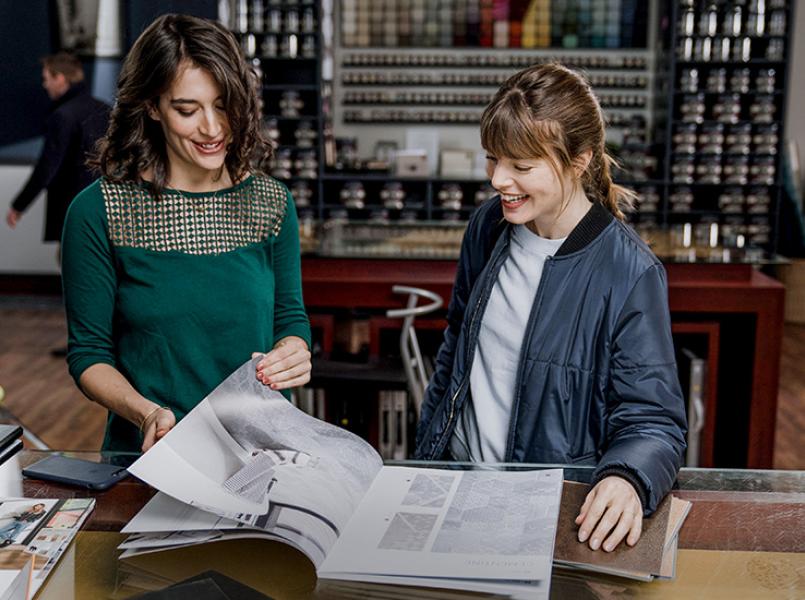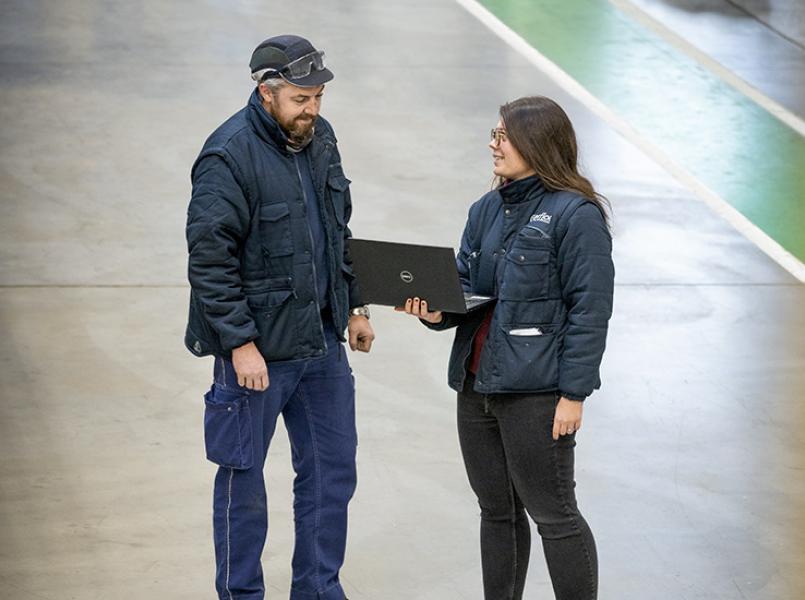
CSR REPORT
Our approach to corporate social responsibility has been growing stronger every day. Since 2020, we've aligned our priorities with the United Nations Sustainable Development Goals (SDGs). Today, this commitment is deeply woven into the action plans of every department in our company.
We’re dedicated to serving our customers in meaningful ways: by anticipating their needs, simplifying daily life, supporting health, and promoting well-being—all while contributing to sustainable development.
Message from our CEO:
"Our products have always been a part of the everyday life of millions of people throughout the world. Whether it's at home, in healthcare facilities, in schools, at work, in public places, or in transport. As we develop and manufacture our floors, walls, and finishes we always keep in mind our responsibility towards our teams, our customers, and the environment. We enforce the highest standards when it comes to health and well-being. As an industrial company in over 100 countries, we strive to maintain our growth objectives while proactively managing our environmental and social impacts. With recyclable products and high recycling rates, Gerflor has always integrated the principle of the circular economy into its industrial processes. Today, the group is going one step further in structuring its CSR approach around a much more global objective: to have a positive impact on our direct sphere of influence - our staff, our products, our customers, and, more broadly on society and the environment. This ambition is reflected in our strong commitments for 2025 detailed in this report. These are our various levers for action to address the climate crisis.
We care, we act is much more than a catchphrase. It is a vision that guides us every day towards our teams, our customers, our communities, and the planet."
Bertrand Chammas, Chief Executive Officer of the Gerflor Group
Modularity and Long-Term Adaptability
Ambulatory spaces frequently evolve as patient needs and clinical services change. Flooring solutions that offer modularity give facilities the ability to adapt without costly overhauls. For example, LVT allows individual tiles to be replaced rather than resurfacing an entire room, while heterogeneous sheet flooring balances durability with design flexibility to support renovations.
This adaptability not only reduces lifecycle costs but also helps maintain continuity of care by minimizing downtime during updates or repairs.







